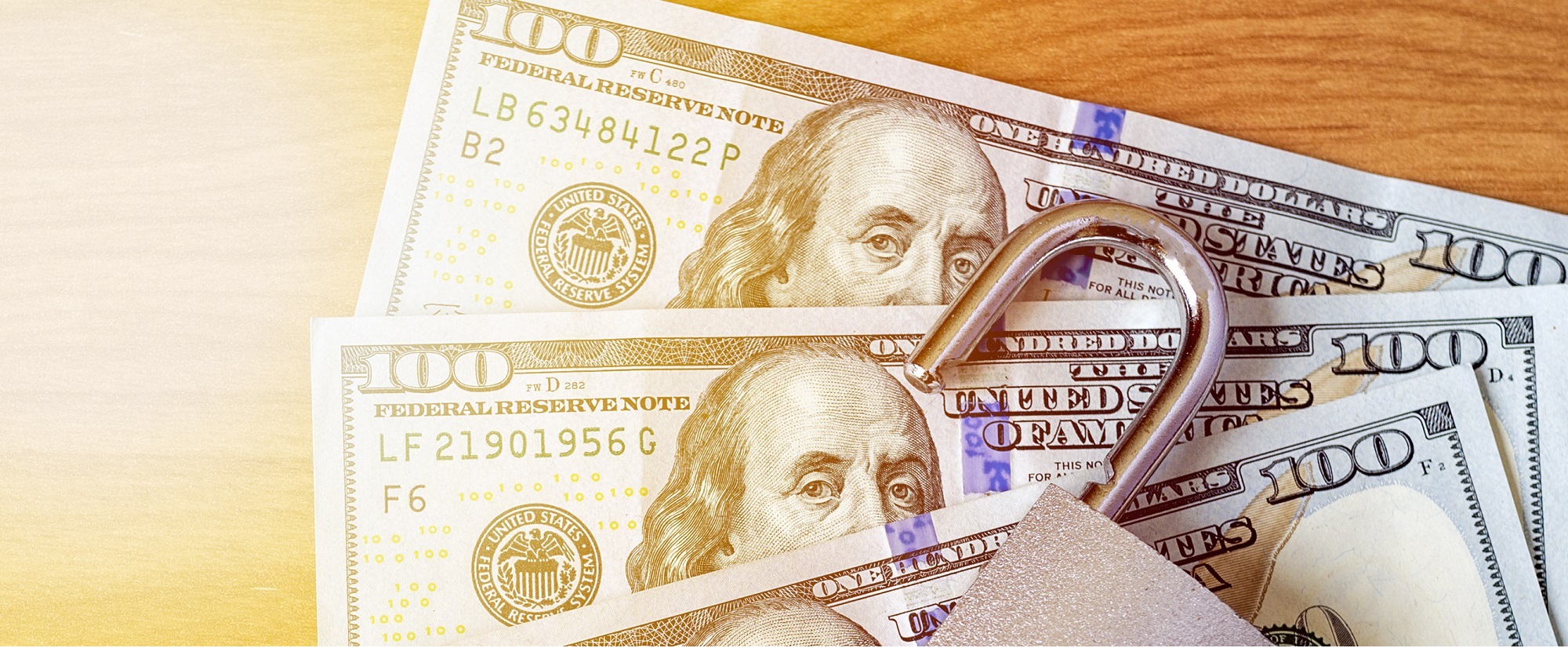Instead of telling you a ghost story around a summer campfire, we have an all-too familiar tale to share: Myra’s grandson, Jon, is in Mexico for the summer. They video chat every week. One day, Myra gets a call from someone who says he’s Max, a friend of Jon’s: “He was arrested last night and needs $500 for bail.” Max says the police took Jon’s passport, so he’ll need another $700 to get it back. He says not to tell Jon’s parents or anyone else because Jon is embarrassed.
Myra is scared at first — but she’s heard a thing or two that makes her suspicious. So she thanks “Max” for his concern, hangs up, and calls Jon right away. Jon, it turns out, is on his way to class, not in jail. And “Max” is nothing but a scammer.
Family emergency scams like this try to scare people into sending money to help a loved one in trouble. The fraud can play out in many ways, but the hustle is the same: the caller lies, tries to scare you, and rushes you to pay so you don’t have time to think twice or check things out before you send money. And once you do that, you’ll never get it back.
To avoid family emergency scams:
•Resist the urge to act immediately — no matter how dramatic the story is.
•Call or message your loved one who (supposedly) contacted you. Even though the caller says not to. But use a number you know is right, not one the caller gives you.
•Never send cash, gift cards, cryptocurrency, or money transfers. Once the scammer gets the money, it’s gone!
If you spot this or any other scam, report it to the FTC at ReportFraud.ftc.gov

